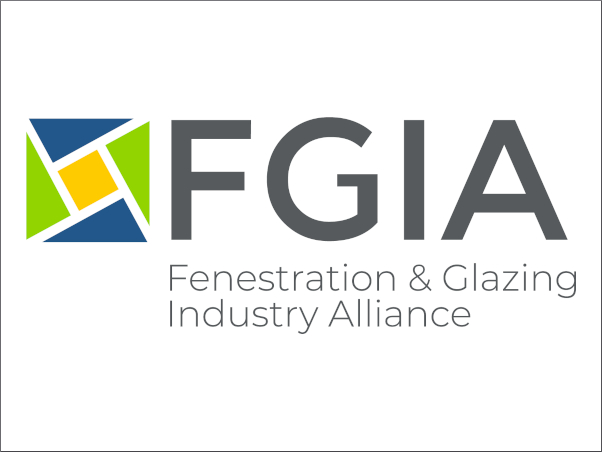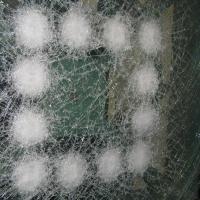
Date: 25 January 2016
On 5 January, Government announced that responsibility for fire prevention and rescue now moves to the Home Office.The change is said to “support a radical transformation of how the police, fire & rescue services work together.” From 1 April 2016 staff working on national fire policy will also transfer across from the Department of Communities and Local Government (DCLG).
The latest development follows an announcement on 11 September 2015 to possibly change the way police, fire & rescue, and ambulance services work together. These changes should enable police and crime commissioners to take on the duties and responsibilities of fire & rescue authorities where a local case is made, creating a single employer for police and fire. It is also suggested that the fire service can help lighten the load on stretched ambulance services by taking on more responsibility for first response medical emergencies.
So what consequences for fire safety? There is the prospect of further fragmentation and confusion in fire safety circles. And there are valid concerns voiced in the sector on where the public service agenda is taking fire safety. One interpretation of the change in perspective is a shift in the fire and rescue role towards a more broadly based public emergency and safety service. If that were to be the case - with the inevitable emphasis on resources and direction - questions naturally arise over the continuity of focus on the important role of the fire and rescue service in carrying out public scrutiny of fire safety measures in buildings, including statutory duties and fire safety inspections.
Risk-based design approaches tend to favour cost reductions without necessarily giving sufficient attention to narrowing in fire safety margins of error. The GGF has highlighted a lack of appreciation of glass in fire safety and the tendency to engineer out or seriously down spec fire-resistant measures. In the GGF’s view, levels of knowledge, awareness and commitment are not where they should be. Amongst all the uncertainties of fire in buildings there is one certainty that needs to be given due consideration – that glass performance is susceptible to failure in fire and that robust and resilient fire-resistant glazing solutions are needed to provide sufficient protection for occupants, buildings as well as fire & rescue personnel.
As fires continue to occur in buildings, the basic resilience of the built environment is changing as contemporary methods of construction, modern materials and lighter more highly insulated but less physically robust structures are increasingly introduced. There is also an unsettling trend in the use of more risk-based design and a much broader assumption of the specifier role within the supply chains, where the necessary knowledge may not be as high as it should be.
Although there has been good progress in reducing deaths and injuries due to fire there are still stubbornly high levels of property losses from fires, as well as further consequential losses for commercial enterprises and public community assets. Available information points to increased costs due to fire even though the number of fires has reduced. The GGF advocates an integrated approach to fire safety that should be applied at national and local levels. However that seems to be no closer as fire prevention and rescue are separated from building regulations and from construction and urban planning, under different government departmental responsibilities.
The GGF continues to work for improved recognition of the importance of best practice principles in designing, specifying, supplying and installing fire-resistant glass and glazing systems.
The GGF Fire Resistant Glazing Group (FRGG) represents the specialist sector of the industry. The FRGG is committed to improving competencies in fire-resistant glazing and brings national expertise together to provide a best practice guide; a key point summary code of practice; a guidance booklet on glass and glazing for fire safety managers, risk assessors and inspectors; and a trade standard for the specification, supply and installation of fire-resistant glazed systems.
This key literature in turn has formed the basis for training developments for glaziers and installers. The GGF has encouraged developments in NVQ modules and has consistently campaigned to raise awareness of fire safety issues, including participation in the work of the Fire Sector Federation and BSI fire committees.
For further information and guidance on the GGF’s Fire Resistant Glazing Group, its activities and free downloads of the key publications please visit www.ggf.org.uk/fire-resistant-glazing-group
If you would like to contact the GGF regarding Fire Resistant Glazing please email info@ggf.org.uk.
 600450
600450















Add new comment